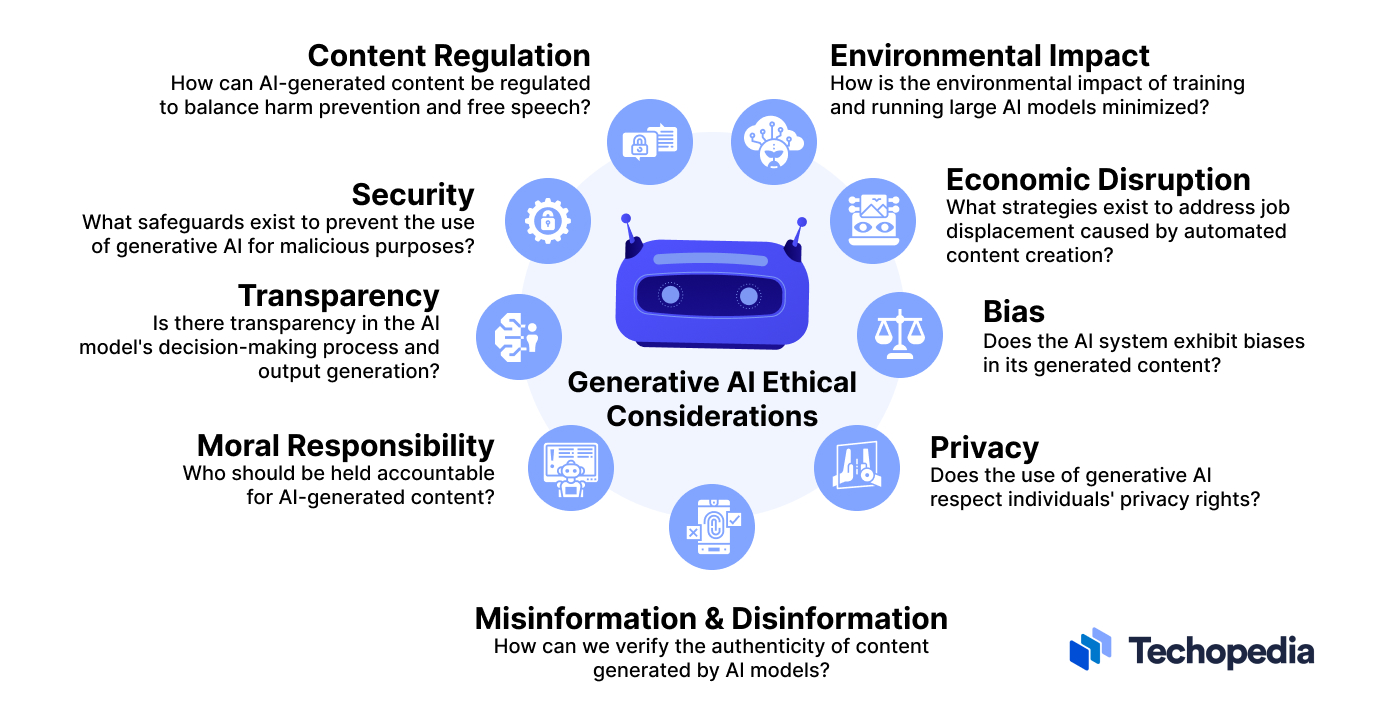Voting Rights Groups Warn About AI Generating Unfounded Claims in Spanish-Language Election Content
Two voting rights groups have recently raised concerns about the use of artificial intelligence (AI) to spread misinformation related to the upcoming election in Spanish. With the presidential election just around the corner, Latino voters are being inundated with Spanish-language ads and political content influenced by AI, including chatbots disseminating unverified claims about voting rights.

According to an analysis conducted by two nonprofit news organizations, AI models are producing a higher volume of election-related misinformation in Spanish compared to English. This influx of inaccurate information poses a significant challenge for Spanish-speaking voters, a demographic that both Democrats and Republicans are actively targeting in various races.
Assessment of AI Models
Proof News and Factchequeado, in collaboration with the Science, Technology, and Social Values Lab at the Institute for Advanced Study, evaluated the responses of popular AI models to specific prompts leading up to the November 5 election. The findings revealed that more than half of the election-related responses generated in Spanish were found to contain inaccuracies, while the rate was lower at 43% for responses in English.
Impact on Voting Rights
Voting rights advocates have long been sounding the alarm about the surge of online misinformation, particularly targeting Spanish-speaking voters through AI-driven platforms. The new analysis serves as a stark reminder of the critical need to verify election information, as emphasized by Lydia Guzman, a leader of a voter advocacy initiative at Chicanos Por La Causa.

Language models powered by AI, although capable of generating responses based on vast datasets, are still susceptible to inaccuracies. Even if Spanish-speaking voters do not directly engage with chatbots, they may still come across AI-generated content embedded in various tools, apps, or websites.
Challenges and Solutions
These inaccuracies could have a significant impact in states with substantial Hispanic populations, such as Arizona, Nevada, Florida, and California. In California, where nearly one-third of all eligible voters are Latino, and for one in five Latino voters, Spanish is their sole language, the implications are profound.
Meta's AI model Llama 3, which powers virtual assistants in platforms like WhatsApp and Facebook Messenger, performed poorly in the analysis, with a majority of its Spanish responses found to be inaccurate. This underscores the importance of refining AI models to ensure the dissemination of accurate information, especially during critical electoral processes.
Efforts are being made to train AI models with safety and responsibility guidelines to mitigate the risk of misinformation being spread. It is crucial for voters to conduct thorough research from multiple credible sources to access accurate information and make informed decisions.
This critical analysis highlights the necessity for vigilance and critical evaluation of information in the digital age, particularly within the realm of election-related content targeted at diverse linguistic communities.

This article includes reporting from The Associated Press.




















